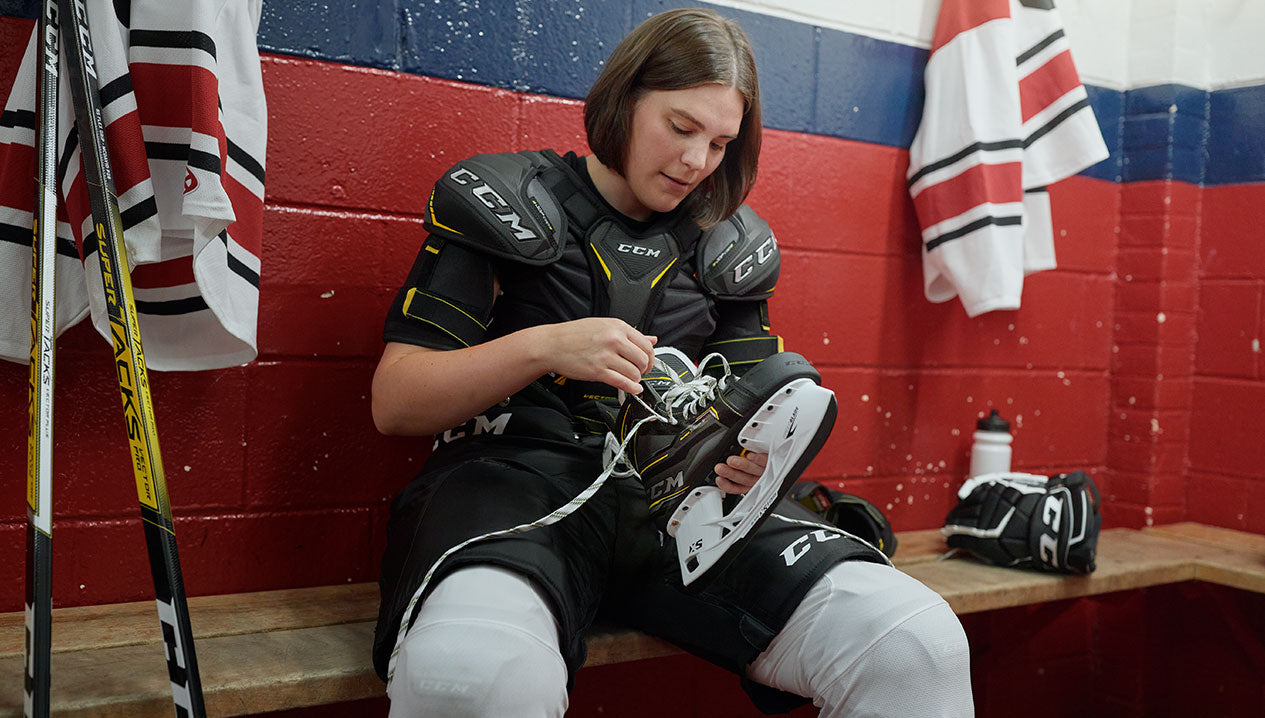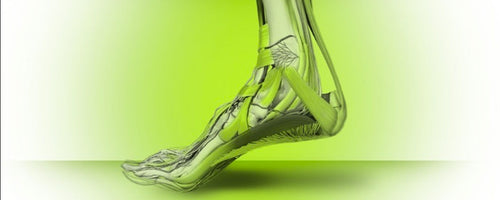Nutrition and Hydration for Children Playing Sports in Summer

Do you have children playing a team sport like baseball or soccer this summer? Help them achieve proper growth and optimal performance by providing them with the right foods and drinks!
A well-balanced diet is essential for a child and adolescent to grow properly, be in good health, and play their best during their next game. Proper nutrition and hydration can delay fatigue, decrease the risk of injury, and improve their mental and physical performance. Therefore, it is important to learn which foods and beverages will give them enough energy to last a full game and when and what to eat and drink to replenish after an activity.
Nutrition for Summer Sports
Fuel for physical activity and sports comes from three main nutrients: carbohydrates, protein, and fat. It is estimated that 75% of a child athlete’s energy comes from carbohydrates, while fat provides 20% and protein 5%.
Carbohydrates: These are the most important fuel source for athletes as the body uses them first when it is in need of energy. Carbohydrates in the form of glucose provide enough energy to contract muscles and to improve the proper functioning of the brain. In the body, glucose is stored as glycogen in muscles and in the liver. Muscle glycogen is released more quickly than other energy sources. For this reason, a diet rich in carbohydrates in the days and hours before an event can ensure that muscles and the liver stores will be full. Goud sources of carbohydrates include whole grains, fruits, vegetables, and dairy products.Fat: Although fat usually has a bad reputation, a moderate fat intake is essential to absorb certain vitamins (fat-soluble vitamins such as vitamin A, D, E, K), to provide essential fatty acids (omega-3 and omega-6) as well as provide energy. However, we must make sure to consume healthy fats coming from nuts, seeds, lean meat and poultry, fish, dairy products, olive and vegetable oils. It is fats from processed foods and baked goods which should be limited.
Protein: Protein helps build and repair muscle while providing some energy. For mild exercise and exercise of short duration such as a short run or swim, protein does not act as a primary source of energy. However, for longer duration exercises and sports like soccer, protein helps to maintain blood glucose. Good sources of protein include lean meat and poultry, fish, eggs, dairy products, beans, nuts, and seeds.
So what should your child eat before a game? This will depend on the time between their meal and the start of the game. Having a large meal right before their event may lead to stomach discomfort. Again, since carbohydrates are their main source of energy, meals and snacks the day of the event should be carbohydrate-rich. Here are examples of pre-game meals and snacks:
Time of the game | Where will their energy come from? | Example |
Early morning | Supper and snack the night before, light breakfast | Supper: 2 cups pasta topped with ¾ cup tomato sauce and 4 lean (2oz) meatballs Snack: 1 Greek yogurt Breakfast: 1 ½ cup lower fibre breakfast cereal with ½ cup reduced fat milk (skim, 1% or 2%) and a fruit |
Late morning | Early breakfast and morning snack | Breakfast: 2 slices of bread, 1 tbsp peanut butter, 1 tbsp jam Snack: Fruit and nuts |
Afternoon | Lunch and afternoon snack | Lunch: Tuna sandwich with vegetables and a fruit Snack: 1 cup fruit and milk smoothie |
Evening | Afternoon snack | Snack: Crackers and jam, 1 fruit |
Depending on the intensity of the sport and level of your child, a source of carbohydrate may not be needed during the game. Only children participating in vigorous physical activity in hot and humid conditions for more than one hour may benefit from drinking carbohydrate-rich sports drinks in small amounts. If not, water alone is enough.
A recovery meal or snack after an event can help to replenish their energy stores and repair any muscle and tissue damage. Post-game foods should be rich in carbohydrates and moderate in protein, similar to a pre-game meal or snack. Some examples include:
- Fruit, yogurt, and granola;
- Peanut butter sandwich and a banana;
- Pasta with meatballs, side dish of vegetables;
- Chicken stir-fry on rice with vegetables.
Hydration for Summer Sports
Staying hydrated helps to regulate body temperature, delays fatigue and improves mental and physical performance. Since water requirements vary from person to person and depend on factors like the weather and the intensity of the activity, the best indicator of your child’s hydration status is the color and volume of their urine! If urine is dark in color and low in volume, or your child hasn’t gone to the washroom in a while, then it is time to have something to drink. Other early signs of dehydration include thirst, dry skin, and headaches. To ensure your child stays hydrated, offer them 2 cups of water within 2 hours of a game and give them a refillable water bottle to take with them. If it is hot and humid out, give them more water than you usually would. Optimal hydration can be achieved by taking a few sips of water every 15 minutes.
Finally, offering a well-balanced diet consisting of all foods groups to you children will give them the nutrients they need to grow well and the energy they need to perform their best at sporting events. An emphasis on carbohydrate-rich meals and snacks with adequate water to keep your child hydrated will ensure they perform their best!
Note: The information included is based on the best available evidence at the time and may not be applicable for all athletes. Please consult your local dietitian to get personalized advice.
Sources:
Ahmad, A. (2008). Water is top choice for keeping kids hydrated. (n.d.). Retrieved February 22, 2016, from http://www.aappublications.org/content/29/8/29.4
Position of the American Dietetic Association, Dietitians of Canada, and the American College of Sports Medicine: Nutrition and Athletic Performance. (2009). Journal of the American Dietetic Association, 509-527.
Rosenbloom, C. (2012). Sports nutrition a practice manual for professionals. (5th ed.). Chicago, Ill.: Academy of Nutrition and Dietetics.
Sport nutrition for young athletes. (n.d.). Retrieved February 22, 2016, from http://www.cps.ca/documents/position/sport-nutrition-for-young-athletes
Zeina is a registered dietitian-nutritionist and is part of l’Ordre professionnel des diététistes du Québec and Dietitians of Canada. She currently works at Le Fitness Loft Kinesiology Clinic in Dorval where she consults an active clientele that desires to change their lifestyle habits, whether it is to lose weight, increase muscle mass, improve performance or simply live healthier. Zeina has a passion for teaching and conveying her knowledge about overall healthy eating habits and makes sure every client receives personalized recommendations based on their lifestyle and preferences.
Join Source Nation to get the latest news on product launches, Source Exclusive product lines, tips and tricks for parents and players, and more!



